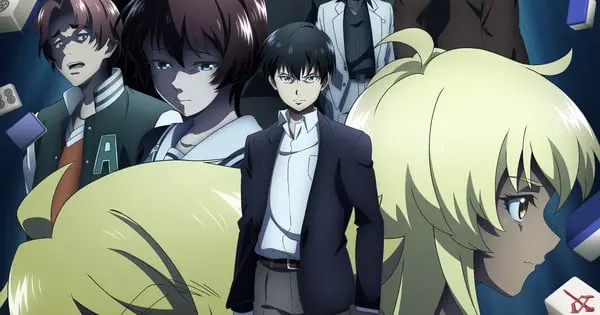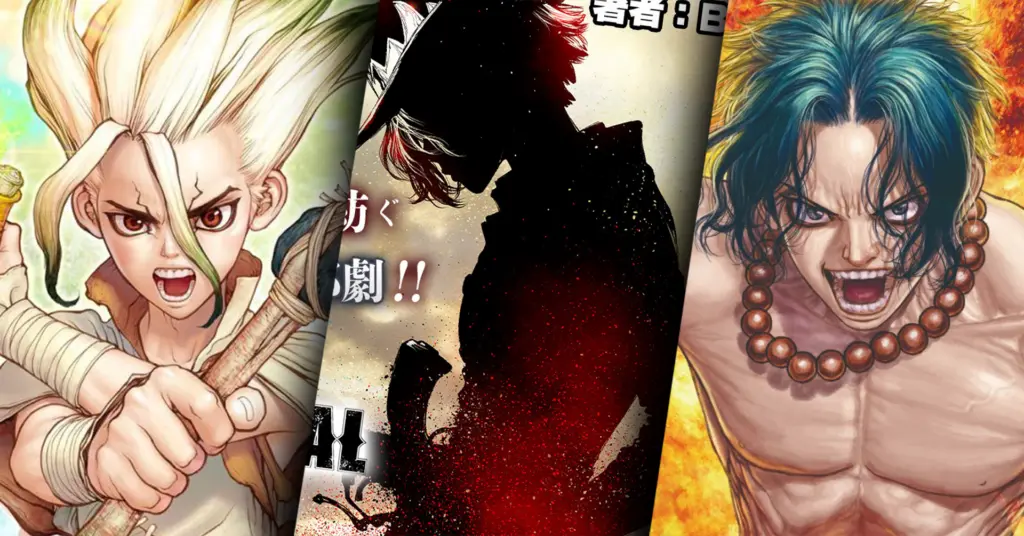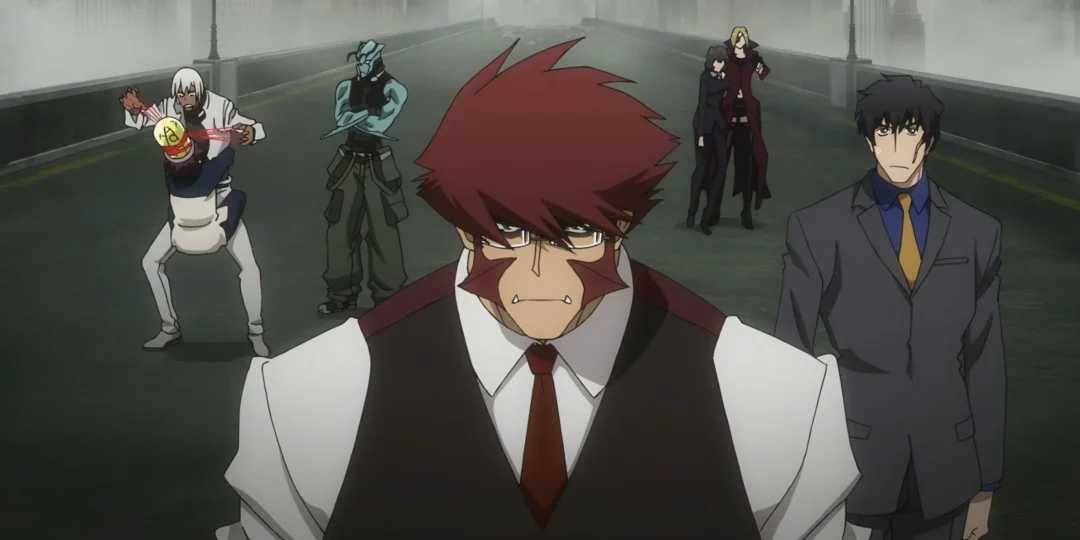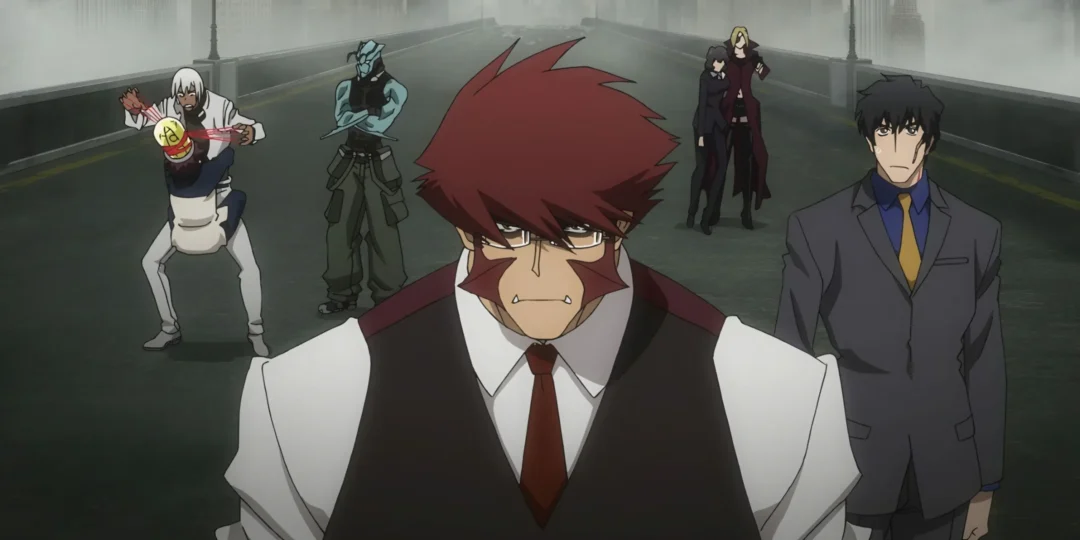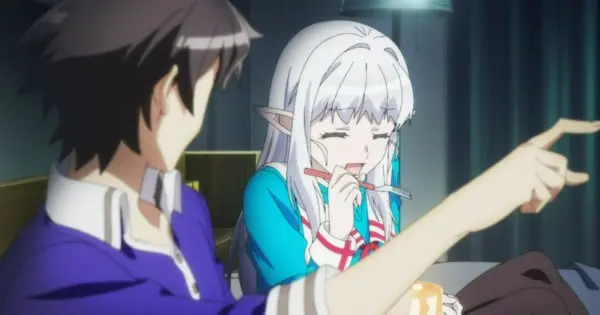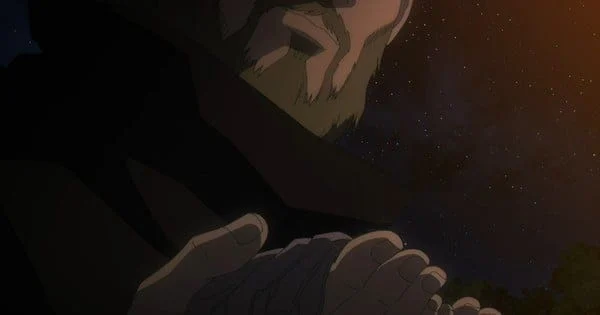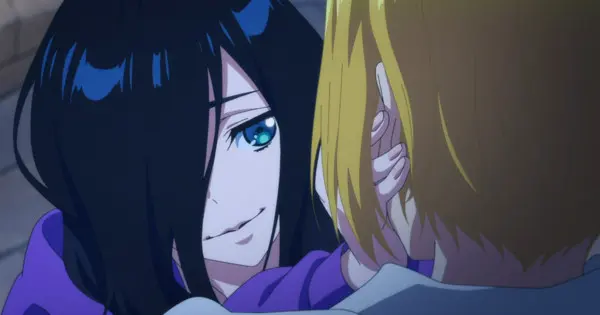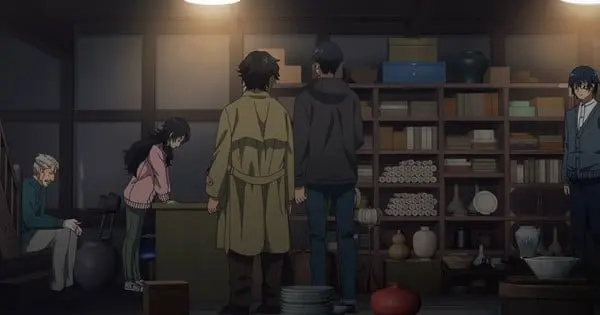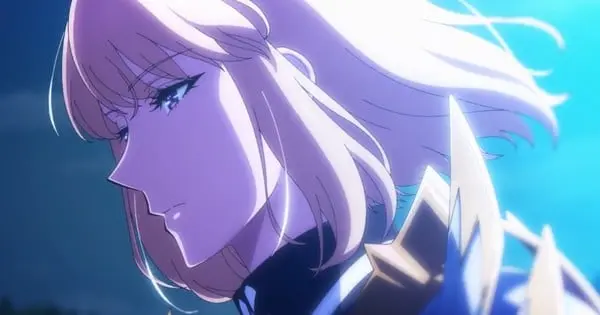A Shocking Turn of Events
Episode 15 of Orb: On the Movements of the Earth, titled “Is It… My Turn?”, delivers a devastating blow to viewers, shifting focus from the scientific pursuit of heliocentrism to the brutal realities of the Inquisition. This episode masterfully intertwines personal tragedy with the larger themes of power and oppression, making it one of the most impactful installments of the series. The episode opens with the immediate aftermath of the young inquisitor, often called “Brownie,” helping Jolenta escape. This act of conscience is met with swift and brutal retaliation.
The Price of Compassion
Brownie is savagely beaten by Antoni and his followers, who are enraged by his betrayal. Despite the violence, Brownie stands firm in his faith, citing Jesus’s teaching to “love thy enemy.” This defiance, however, seals his fate. Antoni, a character increasingly revealed to be a despicable schemer, concocts a plan to frame Jolenta as a heretic. He then cruelly manipulates Nowak, Jolenta’s father, into believing that she has been executed by burning Brownie at the stake. This act of cruelty is not rooted in piety but in personal vendetta and the desire to control the church.
Nowak’s Agonizing Grief
The emotional core of the episode lies in Nowak’s reaction to the supposed death of his daughter. The scene where he is presented with Jolenta’s gloves is particularly poignant. The episode reveals that these were a cherished gift from his past, underscoring the deep love he holds for his daughter. His grief is portrayed with a raw intensity, a stark contrast to his usual stern demeanor. Despite his role as an inquisitor, a figure of religious authority, the audience witnesses the profound pain of a father who has lost his child. This portrayal challenges the audience’s perception of Nowak, forcing them to reconcile his cruel actions with his genuine paternal love. He is not a one-dimensional villain, but a complex character capable of both great cruelty and deep affection. This internal conflict makes him a more compelling and, ultimately, tragic figure.
Fatherhood and Complexity
The narrative deliberately paints a complicated picture of Nowak. It would be easier to dismiss him as a monster, but Orb chooses a more challenging path. The episode shows flashbacks of Nowak as a genuinely good and loving father to Jolenta. He supports her studies, listens to her, and shows genuine care. This juxtaposition of his home life and his brutal work life highlights the complexities of human nature, reminding viewers that people are not easily categorized into good or bad. This nuance is a testament to the excellent character writing.
The Seeds of Rebellion
While the episode primarily focuses on Nowak’s torment, it also advances the plot concerning the spread of heliocentric ideas. Badeni’s plans continue to unfold even after his death. Before being executed, Badeni, now a changed and humbled man, passed the knowledge of heliocentrism to Father Grabowski through an unusual method. He had the core tenets of the theory tattooed on the shaved heads of beggars. This serves as a testament to Badeni’s faith in the common people. This plan, though seemingly ridiculous, effectively showcases a unique strategy to preserve and disseminate knowledge. Father Grabowski, though initially reluctant, becomes a key figure in carrying forward this legacy. This plot twist introduces a new dimension to the narrative, showing the ingenious ways that knowledge can spread, even in the face of oppression.
The Power of Knowledge
The episode further emphasizes the importance of questioning established norms and using the brain for betterment. This echoes the scientific method that led to the heliocentric model. The series encourages viewers to re-examine presumptions, drawing a parallel between the shift from geocentrism to heliocentrism and the need for continual intellectual growth. This message resonates deeply within the context of the series.
Historical Context and Fictional Liberties
Orb: On the Movements of the Earth is a work of historical fiction, and while it uses real scientific concepts and historical periods as inspiration, it takes creative liberties for storytelling purposes. The series accurately depicts the basic concepts of the heliocentric model, even referencing the works of Nicolaus Copernicus. However, the depiction of the Church’s persecution of scientists is exaggerated for dramatic effect. While some historical figures like Giordano Bruno were indeed persecuted for heresy, the series overstates the prevalence of such events within the time period. The setting of the series, the “P Kingdom,” is entirely fictional, and the intense persecution of scientists depicted is not historically accurate.
Blending Fact and Fiction
The series uses the historical backdrop to explore broader themes of oppression, intellectual freedom, and the conflict between faith and reason. It is important to note that the show is not a documentary but a dramatic narrative that uses history as a foundation to build its story. This creative freedom allows for a more compelling and emotionally resonant narrative.
Overall Impact
Episode 15 of Orb: On the Movements of the Earth is a powerful and heartbreaking installment that showcases the series’ ability to blend intense emotional drama with complex scientific and historical themes. The episode’s exploration of Nowak’s grief, the shocking twist involving Father Grabowski, and the constant fight for knowledge make it an unforgettable viewing experience. This episode is a pivotal moment in the series, signaling a shift from a primarily scientific focus to a more character-driven narrative centered on the human consequences of religious oppression and the unwavering quest for truth.

